Over 12 years, researchers mapped all of a larval fruit fly’s brain, charting 3,016 neurons and 548,000 connections. It’s big news for neuroscience.
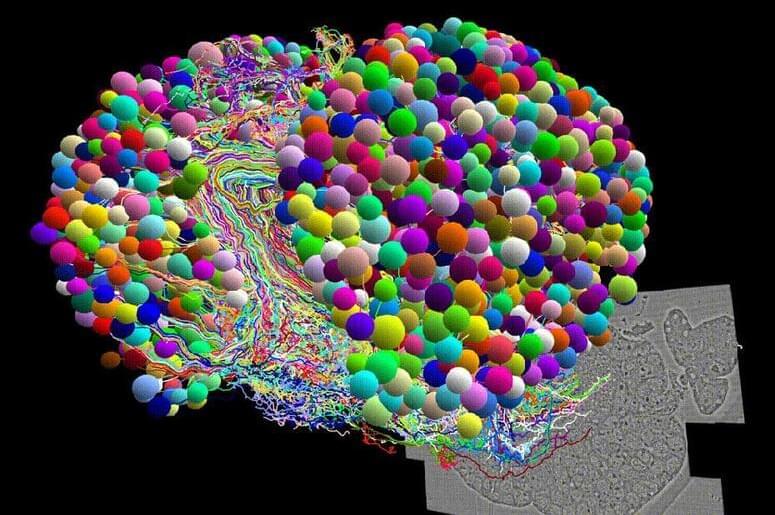


Join top executives in San Francisco on July 11–12, to hear how leaders are integrating and optimizing AI investments for success. Learn More.
Specifically, the arrival of AI-based tools such as ChatGPT and DALL-E have dazzled us with their dynamic capabilities as well as unnerved us with their staggering potential. The current debate on AI is hinged on broad philosophical questions and the public’s response. What do people make of all this?
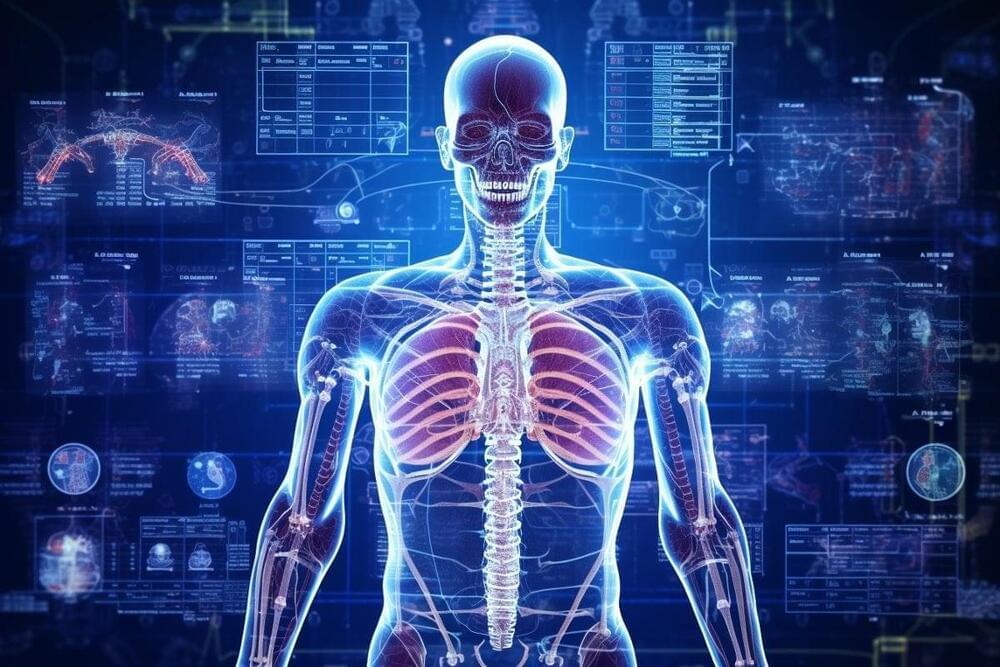
Summary: ChatGPT has successfully passed a radiology board-style exam, demonstrating the potential of large language models in medical contexts. The study utilized 150 multiple-choice questions mimicking the style and difficulty of the Canadian Royal College and American Board of Radiology exams.
ChatGPT, based on the GPT-3.5 model, answered 69% of questions correctly, just under the passing grade of 70%. However, an updated version, GPT-4, managed to exceed the passing threshold with a score of 81%, showcasing significant improvements, particularly in higher-order thinking questions.
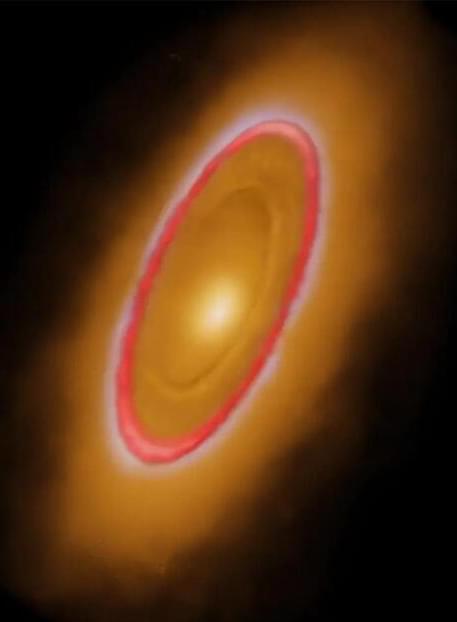
A new Webb Space Telescope image of the bright, nearby star Fomalhaut reveals details never seen before, including nested rings of dust that hint at the forces of unseen planets.
A team led by University of Arizona astronomers used NASA
Established in 1958, the National Aeronautics and Space Administration (NASA) is an independent agency of the United States Federal Government that succeeded the National Advisory Committee for Aeronautics (NACA). It is responsible for the civilian space program, as well as aeronautics and aerospace research. Its vision is “To discover and expand knowledge for the benefit of humanity.” Its core values are “safety, integrity, teamwork, excellence, and inclusion.” NASA conducts research, develops technology and launches missions to explore and study Earth, the solar system, and the universe beyond. It also works to advance the state of knowledge in a wide range of scientific fields, including Earth and space science, planetary science, astrophysics, and heliophysics, and it collaborates with private companies and international partners to achieve its goals.
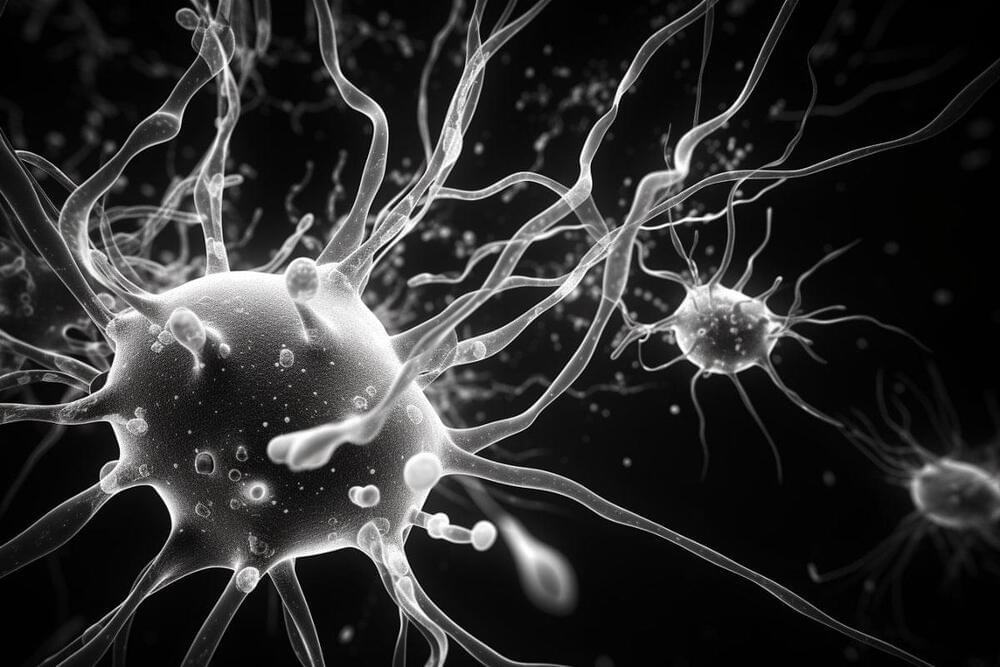
Summary: A new study discovered not all microglia are the same, challenging existing beliefs. A unique subset of these cells, the ARG1+microglia, important for proper cognitive functions, were identified in mice, with evidence suggesting a similar subset exists in humans.
Microglia lacking the protein ARG1 led to less exploratory behavior in mice, indicating cognitive deficits. These discoveries open exciting new possibilities for understanding brain diseases and developing novel therapies.

High-performance computing (HPC) has become an essential tool for processing large datasets and simulating nature’s most complex systems. However, researchers face difficulties in developing more intensive models because Moore’s Law—which states that computational power doubles every two years—is slowing, and memory bandwidth still cannot keep up with it. But scientists can speed up simulations of complex systems by using compression algorithms running on AI hardware.
A team led by computer scientist Hatem Ltaief are tackling this problem head-on by employing hardware designed for artificial intelligence (AI) to help scientists make their code more efficient. In a paper published in the journal High Performance Computing, they now report making simulations up to 150 times faster in the diverse fields of climate modeling, astronomy, seismic imaging and wireless communications.
Previously, Ltaief and co-workers showed that many scientists were riding the wave of hardware development and “over-solving” their models, carrying out lots of unnecessary calculations.
This simulation models a huge number of atoms in detail with the help of artificial intelligence.
By Alex Wilkins
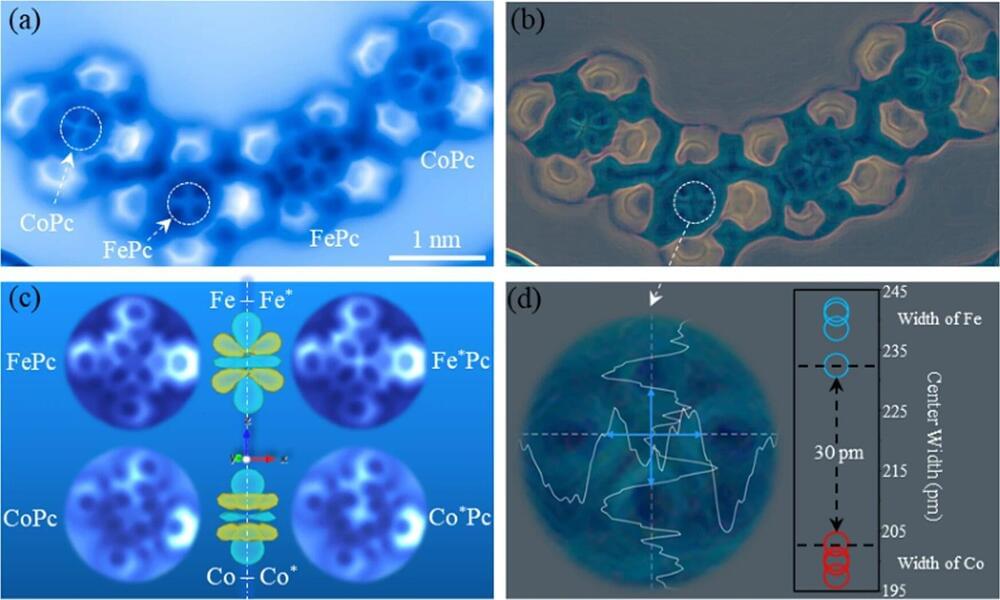
Something not musk:
No one will ever be able to see a purely mathematical construct such as a perfect sphere. But now, scientists using supercomputer simulations and atomic resolution microscopes have imaged the signatures of electron orbitals, which are defined by mathematical equations of quantum mechanics and predict where an atom’s electron is most likely to be.
Scientists at UT Austin, Princeton University, and ExxonMobil have directly observed the signatures of electron orbitals in two different transition-metal atoms, iron (Fe) and cobalt (Co) present in metal-phthalocyanines. Those signatures are apparent in the forces measured by atomic force microscopes, which often reflect the underlying orbitals and can be so interpreted.
Their study was published in March 2023 as an Editors’ Highlight in the journal Nature Communications.


Since the system is designed to help those who are losing their voices due to motor or cognitive impairment, the training is also flexible. If you can’t do a 15-minute training session, you can stop and start until you’ve made it through all the sentences. In addition, the training system is self-guided, so there’s no screen-tapping necessary.
While the system is not designed as a voice-over system, you can use Personal Vocie to save often-used phrases like “How are you?” “Thank you,” and “Where is the bathroom?”
Personal Voice will live under Settings/Accessibility on the iPhone, iPad, and Mac, and works with any of these devices running Apple silicon. For now, it only supports English.